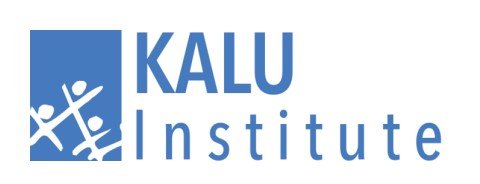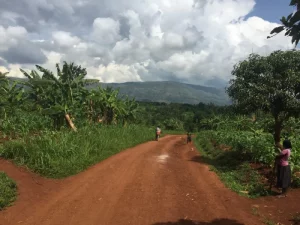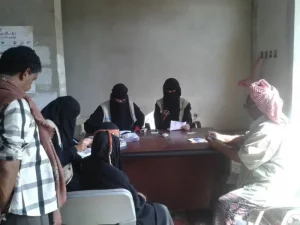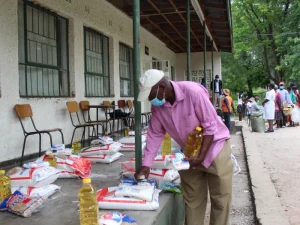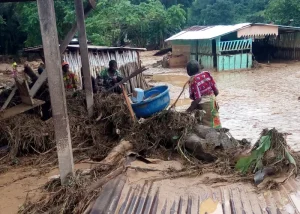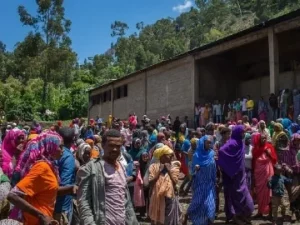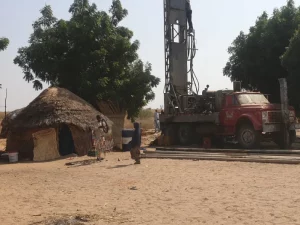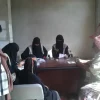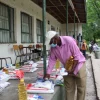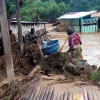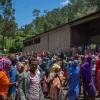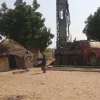Exploring returnee reintegration challenges following the 2015 crisis in Burundi
A report published by the IRRI (International Refugee Right Initiative and unnamed Burundi Local Partners) explicitly concluded that in Burundi...
The impact of women economic empowerment on entrepreneurship (case study -Yemen)
The study revealed that there is an increase in the participation of women in humanitarian work in its four axes...
Competing constraints: Investigating operational mismatch between accountability principles and accountability practises
It's time for a new age of accountability in the humanitarian sector, one that truly reflects the sector's increased responsibilities...
Protection and assistance to internally displaced persons in Africa. Case of the Republic of Congo Brazzaville
The multiplication of conflicts in the Pool department and the flooding of Les Bandas in the Niari region are among...
Internal displacement in Ethiopia a scoping review of its causes, trends and consequences
This article sought to examine the scope, range, and nature of evidence on major drivers and socio-economic and psychological impacts...
HDPN Situation in Borno State
In 2017, the United Nations (UN) stated that the world was facing the most serious humanitarian crisis since the Second...
